A significant proportion of commercial fleet operators wanting to electrify their operations face issues with their power supply, new analysis suggests.
Tual says that between 50% and as much as 80% of the sites operators are looking to install chargers to power their fleets have constrained or absent grid connections.
It explained that obtaining the grid upgrades required for high-powered charging make the EV transition unviable for many fleets and commercial landlords.
Tual said these upgrades can typically take one to three years, with significant upfront capital expenditure required – ranging from £150,000 to £3 million, at an average of £500,000.
In response, it has launched a rapid charger solution aimed at commercial fleet operators that are running electric vans and trucks.
The battery specialist company said the new PowerUp battery-buffer charger can be dropped into commercial fleet depots and locations within 48 hours of order.
The battery-buffer charger can store up energy from the grid during low-demand periods and then release it up to 120kW when needed.
Tual said renewable energy like solar and wind can be integrated with the PowerUp to avoid the need for further battery storage.
Philip Clarke, chief executive and founder of Tual, said: “Whether it’s fleet operators under regulatory pressure to electrify, or commercial landlords needing to futureproof their sites, the need to accelerate EV uptake has never been greater.
“But the time and cost it takes to install sufficient charging infrastructure can make this unfeasible for many – especially in the case of those 50% of sites that are leased. The status quo is simply untenable.
“What fleet operators and commercial landlords need are rapidly deployable, cost-effective charging solutions that plug current charging infrastructure gaps, and get them electrifying at the required rate – but in a way that’s genuinely sustainable.”



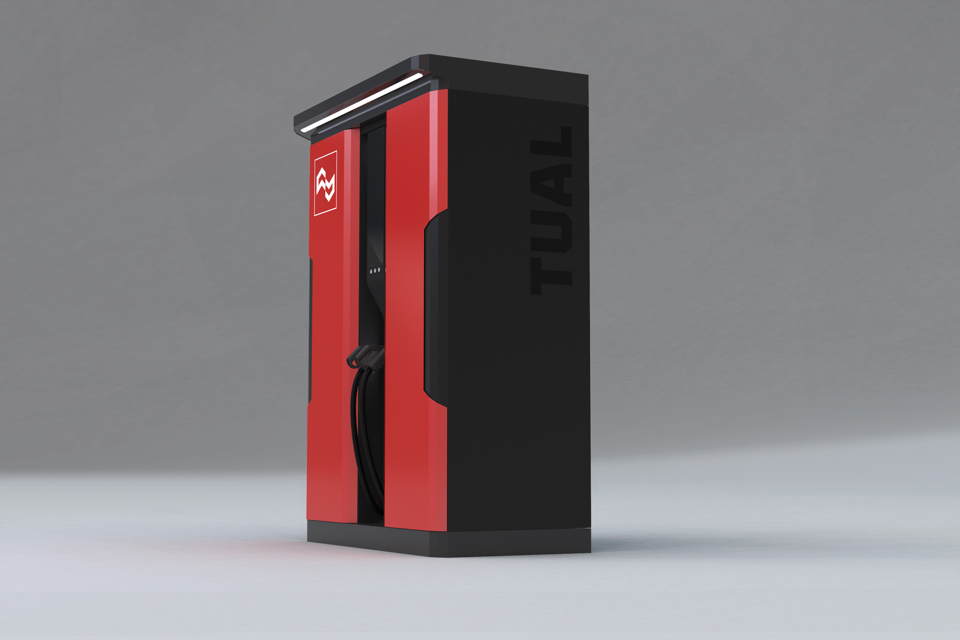



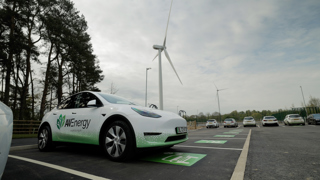
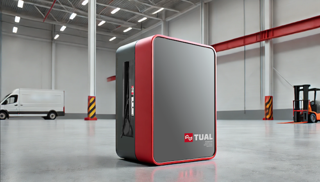
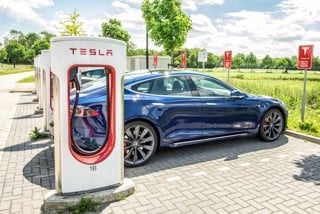
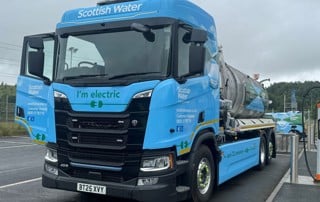
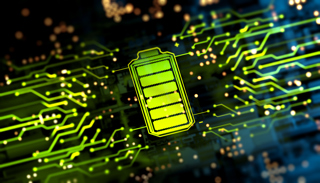











Login to comment
Comments
No comments have been made yet.